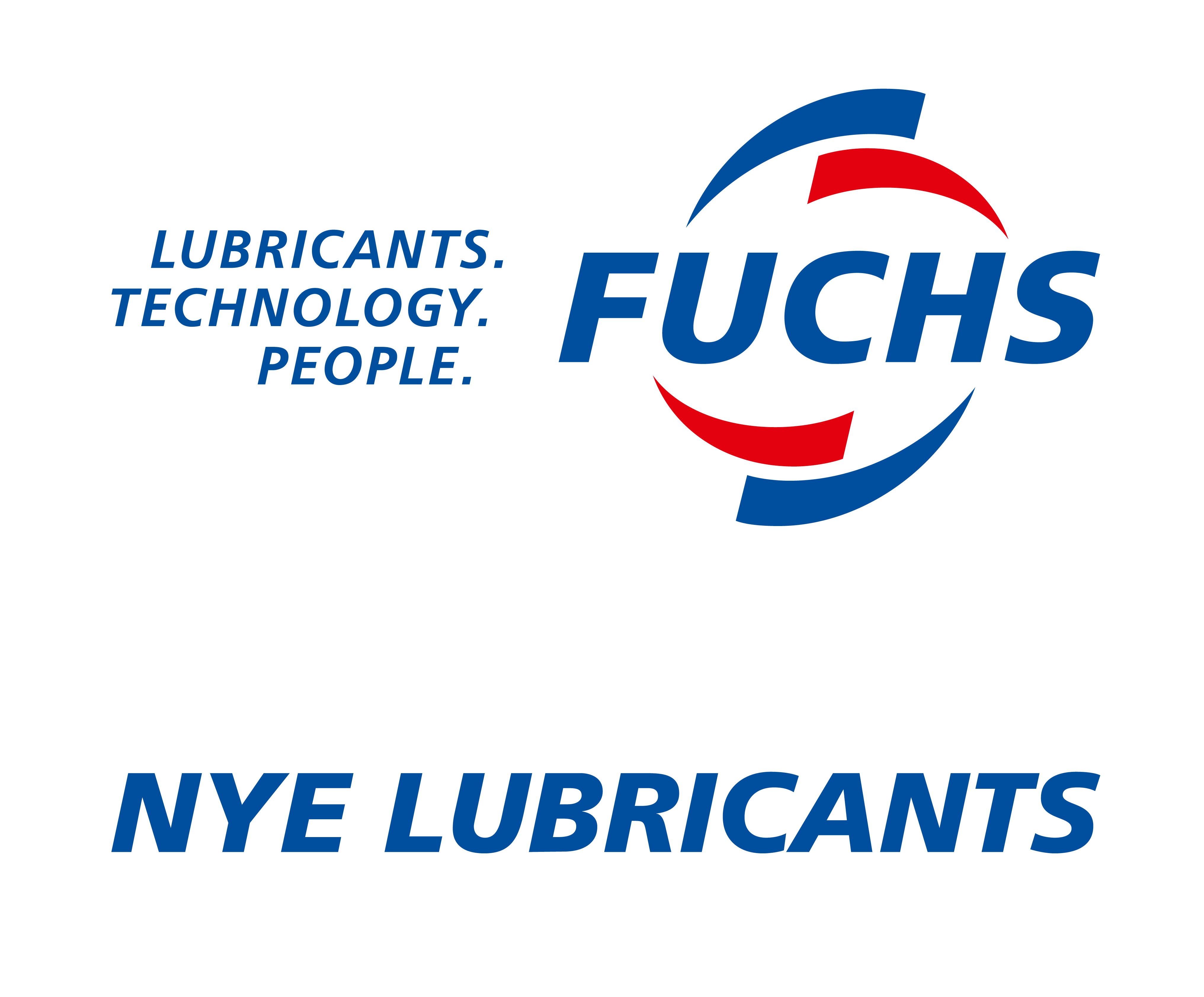Preventing the “Brown Sugar” Lubricant Phenomenon
The Relationship Between PFPE Chemical Compositions and their Susceptibility to Lewis Acid-Catalyzed Degradation
First published as part of the Aerospace Mechanism Symposium Conference Proceedings
Lubricants play a critical role in ensuring that mechanisms perform reliably under the demanding operating conditions found in space. Known for their chemical inertness, broad operating temperature range, and low volatility, perfluoropolyethers (PFPEs) are attractive lubricants for space applications. The one Achilles Heel of PFPEs is their susceptibility to Lewis acid-catalyzed degradation, also known as the “Brown Sugar” effect, which can negatively impact the wear life of a lubricant.
However, not all PFPEs have the same chemical structure, making some PFPEs more susceptible to Lewis acid-catalyzed degradation than others. In this study, two greases were examined, the legacy Braycote® 601EF and the recently launched NyeTorr® 6350EL, as well as their respective base oils. The greases and oils were subjected to thermal treatments in both the absence and presence of Lewis acids found in space applications.

Samples were monitored for thermal degradation via Thermogravimetric Analysis (TGA) during treatment, and grease samples were subjected to antiwear testing on the SRV® test system and Vacuum 4 Ball Wear Tribometer after treatment. These results provide fundamental insight into the impacts that Lewis acid exposure has on the performance of different PFPE chemistries.
Our preliminary findings suggest that products made with PFPEs classified as “Z fluids”, like Braycote® 601EF, are inherently susceptible to Lewis acid-catalyzed degradation. Z fluids also exhibit inferior wear performance after exposure to Lewis acids at high temperatures when compared to PFPEs of different chemical structures. The data collected demonstrates the cause of the Brown Sugar effect and enables engineers to make informed decisions when selecting lubricants for space mechanisms.
Background
PFPE-based oils and greases have been go-to solutions for lubrication in space applications for over fifty years. The inherent properties of these fluids make them a good fit for the space environment; their attributes include low vapor pressures and outgassing, broad operating temperature range, and chemical inertness. Their broad operating temperature range is especially important for lubricants in space, not only due to extreme sweeps in ambient temperature conditions, but also due to limited opportunities for heat transfer and dissipation in a vacuum environment. PFPEs offer the highest thermal stability of available base oils and thus are best equipped to withstand the localized high temperatures generated at frictional contacts.

While PFPE fluids check many of the “must-have” boxes when selecting lubricants for space applications, there are some areas where they fall short. In particular, despite representing some of the most inert lubricants available, in the presence of Lewis acids PFPEs are subject to degradation. When this failureinducing phenomenon occurs, it is sometimes referred to as the “Brown Sugar” effect due to the resulting residue resembling the color and texture of brown sugar. This phenomenon has been well documented and studied.
At this point, our understanding of the conditions that cause the brown sugar phenomenon is quite good; we know that it is caused by the Lewis acid sites that exist on metal surfaces and that it is more likely to occur under boundary lubrication conditions – presumably due to a combination of elevated localized temperatures at asperity contacts and wear debris that are generated. It is also known that the degradation reaction products exacerbate the problem and promote even more rapid degradation of the fluid. Available mitigation strategies on the other hand, are more limited. Beyond avoiding conditions that are known to increase the chance of degradation occuring, by using ceramic coated balls in bearings for example, it hasn’t been possible to prevent Lewis acid-catalyzed degradation of PFPE fluids.
Download the full whitepaper to learn more:
Related Technical Articles & White Papers
AEROSPACE: Preventing the “Brown Sugar” Lubricant Phenomenon
The Relationship Between PFPE Chemical Compositions and their Susceptibility to Lewis Acid-Catalyzed Degradation
Dr. Amanda W. Stubbs & Dr. Jason T. Galary

